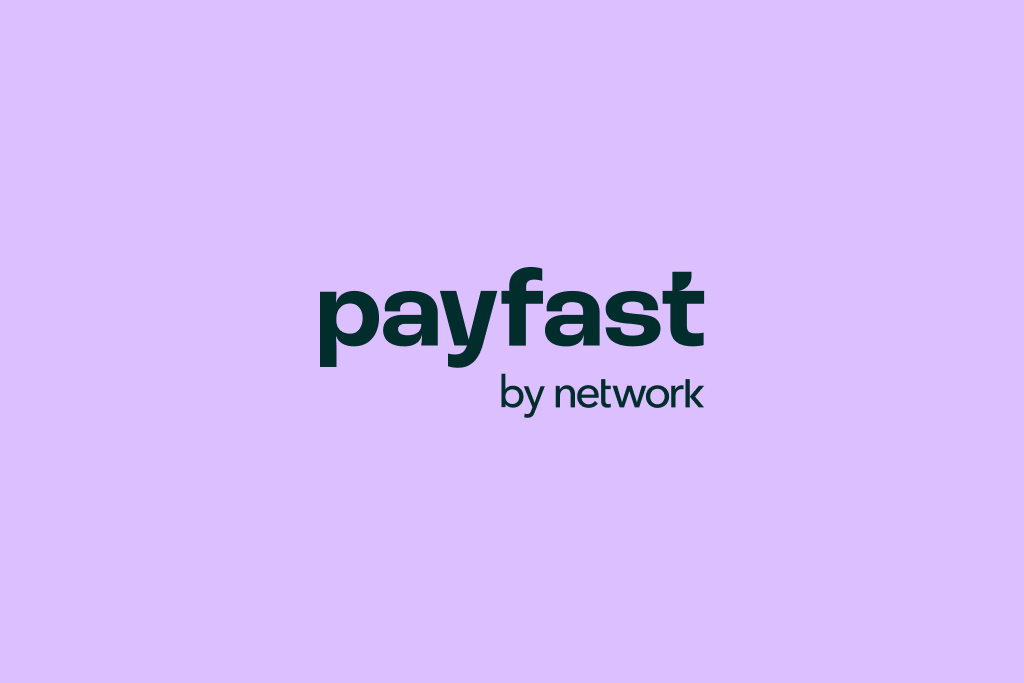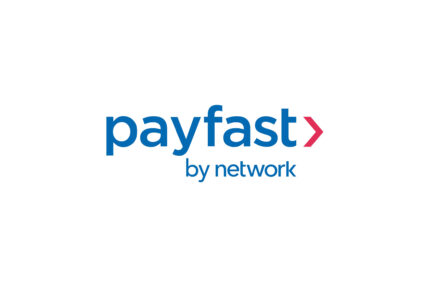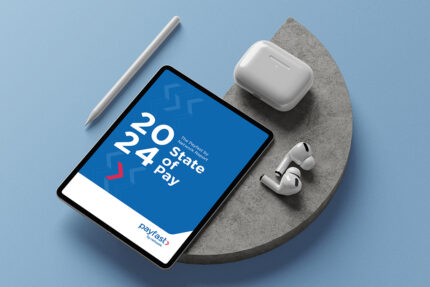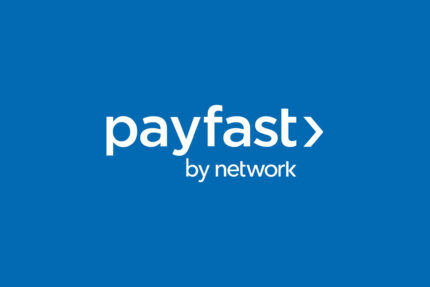The impact of the COVID-19 has been hard felt by businesses in the service industry. Local movements, like Million Seats on the Streets and #LightSARed, have been used to demonstrate the effect the nationwide lockdown has had on the restaurant, live entertainment, events and fitness industries. The new normal, set in place by the pandemic, has presented a unique set of challenges for industries that rely heavily on in-person interaction. As a result, many have had to innovate digitally to survive.
Online payment gateway PayFast has registered over 17 000 new merchants since the start of lockdown at the end of March, far surpassing any of their peak periods to date. “As providers of online payment solutions, we play a crucial role as ecommerce enablers for local businesses. We want to see businesses succeed as they did before the pandemic,” says Smit.
PayFast has seen a 160% increase in business account registrations compared to the same period pre-lockdown. “For many businesses that had previously relied on selling their products or services in person, accepting online payments has been a significant help in digitising their business models and offerings,” says Smit.
He reflects on digital innovations by South African businesses that are here to stay:
- Host classes and events online – while nothing can ever fully replace human contact, a number of industries have innovated by quickly adapting to online alternatives to deal with the lockdown restrictions. For example, fitness instructors have been offering Zoom classes to their existing customer base, and have also tapped into a new client base looking for more time-efficient and flexible exercise classes. The same applies to other industries like events, with people engaging in online quiz nights, concerts and webinars during their downtime. Online ticketing platform, Quicket was quick to cater to this new online demand by offering online booking and payment for pay-gated live streams and recordings. This has been hugely successful, with them reporting an increase of over 726% in online content available on the platform.
- Introduce DIY / home-based services – in response to previous lockdown restrictions some hairdressers were quick to adapt by selling at-home root touch up kits and even took virtual hair appointments where they talked clients through the process. The restaurant industry also brought fine dining into the homes of their customers by offering takeout and delivery services in addition to finish-at-home meals, paired with online classes for customers to cook along to. Although restaurants and beauty salons are able to operate again, those that pivoted their business models to incorporate an online offering now stand to benefit from an additional revenue stream over and above their pre-lockdown income.
- Offer contactless payment solutions – in response to the pandemic, contactless payment options have been the preferred option for the majority of South Africans, with retail spaces being quick to offer payment options like Zapper at their physical store checkout, in addition to selling their goods on their ecommerce store with an online payment gateway. Charities have also benefited through online donations, for example Ladles of Love has received donations through PayFast that enabled them to serve approximately 76 000 meals each week to those in need at the height of lockdown.



